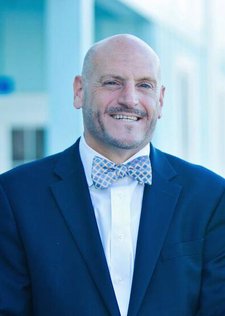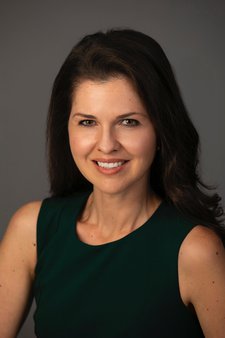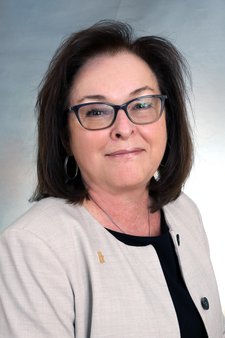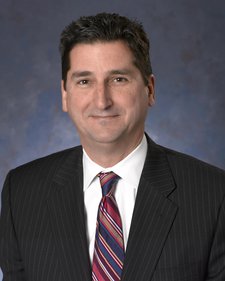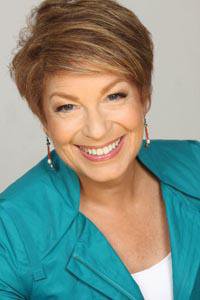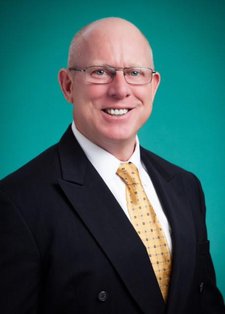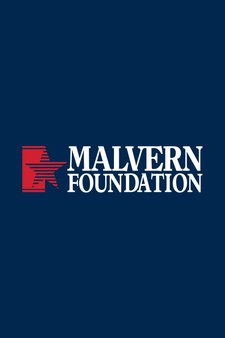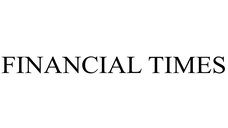
Jemima Kelly
Jan. 5, 2023
Holding fast to established categories or concepts can end up clouding our vision.

With the new year under way in all its dark and dreary Januaryness, some of you might already be losing the motivation to follow through on the promises you made just a few days ago — to become healthier, wealthier, wirier and altogether more impressive versions of yourselves in 2023. If you haven’t already given up on them, 80 per cent of you are likely to have abandoned any resolutions you might have made by the second week of February.
But before you are tempted to abandon this column too, allow me to offer you something a little more hopeful. You might not be managing to jump merrily out of bed every morning at 4am, or to make much progress on the 10,000-hours-to-mastery thing, but there are less arduous ways of tackling self-improvement that could end up having more impact.
In fact, sometimes being a “master” at something can be a disadvantage, taking you further away from enlightenment, not closer to it. So rather than trying to become the world’s greatest expert in whatever it is that you have decided is necessary to justify your existence this year, you might focus instead on something a little simpler: cultivating a “beginner’s mind”.
A translation of the Japanese term shoshin, this is a concept that comes from Zen Buddhism. The idea is that everyone — no matter how advanced or experienced they are — should try to approach things with the same openness, curiosity, flexibility and desire to learn that characterises the attitude of beginners. “In the beginner’s mind there are many possibilities; in the expert’s, there are few,” wrote the Buddhist Monk Shunryu Suzuki in his 1970 book Zen Mind, Beginner’s Mind.
The expert, unlike the novice, has over time built up a whole range of assumptions, preconceptions and habits. These might have helped them reach their level of expertise, but holding on to them without any questioning or re-examination can end up clouding the mind instead.
Studies have over the years identified a “curse of expertise”, showing that it makes people overestimate their own knowledge and become more closed-minded. Even the very perception that one is an expert, whether or not that belief is warranted, can have this effect. In one 2015 study, participants who had been told they were experts in a subject became less willing to listen to other viewpoints. The researchers described this as the “earned dogmatism effect”: the idea that society believes experts are actually entitled to be close-minded and dogmatic in their approach.
And while British cabinet minister Michael Gove might have been criticised for his comment, shortly before the Brexit vote, that “the people in this country have had enough of experts from . . . organisations with acronyms saying that they know what’s best,” the point he was making was a fair one — relying on supposed expertise can often lead us blindly to place our faith in the wrong people. If only the world of crypto, for instance, had asked more questions of FTX’s former chief executive Sam Bankman-Fried, who could now face a sentence of more than 100 years in prison, or Terra/Luna’s founder Do Kwon, who is now in hiding, rather than assuming that these people knew what they were doing.
Of course, expertise has its place — in order to fly a plane carrying several hundred passengers, or to perform a craniectomy, you will certainly have needed to build up a certain level of the stuff. This is done by learning a set of previously established concepts, categorisations and techniques. But the problem comes when these constructs are mistaken as timeless truths.
This is something that Albert Einstein identified in his writings on the philosophy and epistemology of science. “Concepts that have proven useful in ordering things easily achieve such an authority over us that we forget their earthly origins and accept them as unalterable givens,” Einstein wrote in 1916. “The path of scientific advance is often made impassable for a long time through such errors.” He suggested scientists should question concepts that had become commonplace, and that these should be “removed if they cannot be properly legitimated, corrected if their correlation with given things be far too superfluous”.
Scientific progress depends on such an approach, but this is a lesson that we can all take into 2023. Whether in our work or our personal life, fostering a sense of almost childlike curiosity about what is going on around us can reap a whole range of benefits — and it is more enjoyable than trying to become some kind of productivity machine. This year, then, perhaps you might consider becoming an expert at not being an expert? I’m going to give it a bash.
Copyright The Financial Times Limited 2025
© 2025 The Financial Times Ltd. All rights reserved. Please do not copy and paste FT articles and redistribute by email or post to the web.
This article was legally licensed by AdvisorStream

